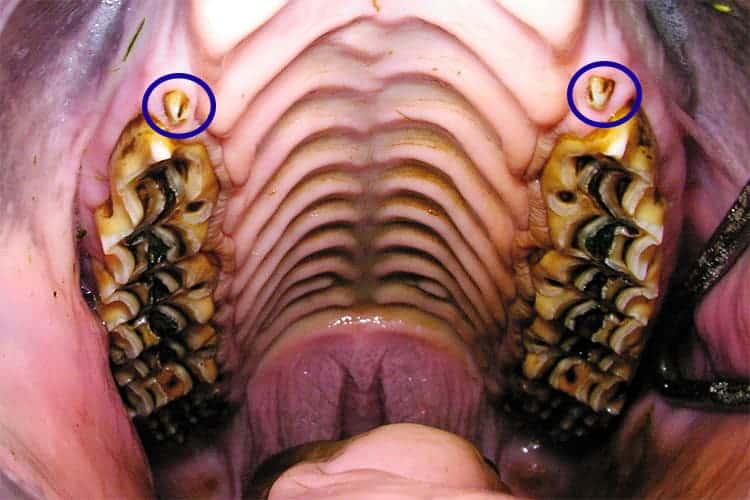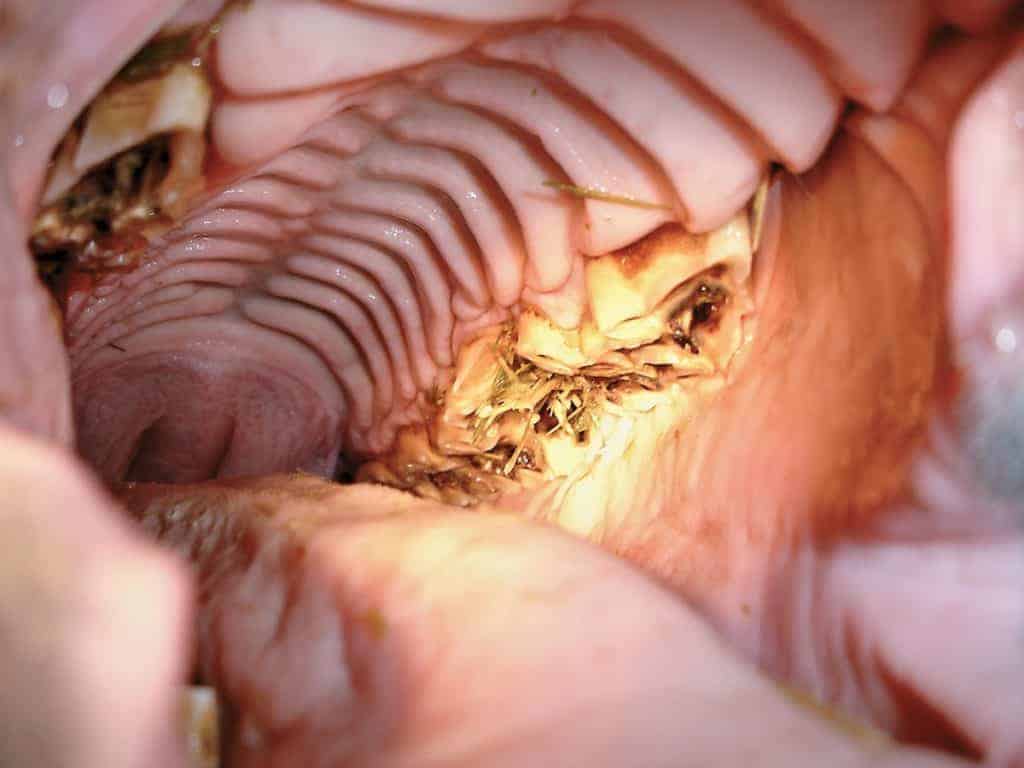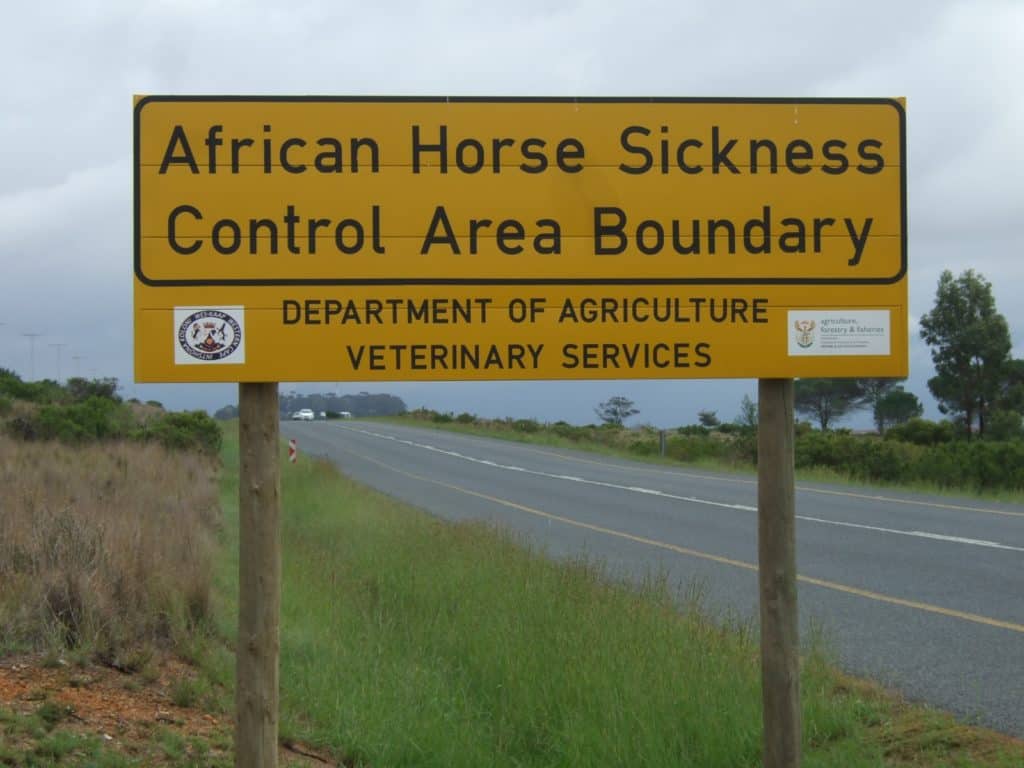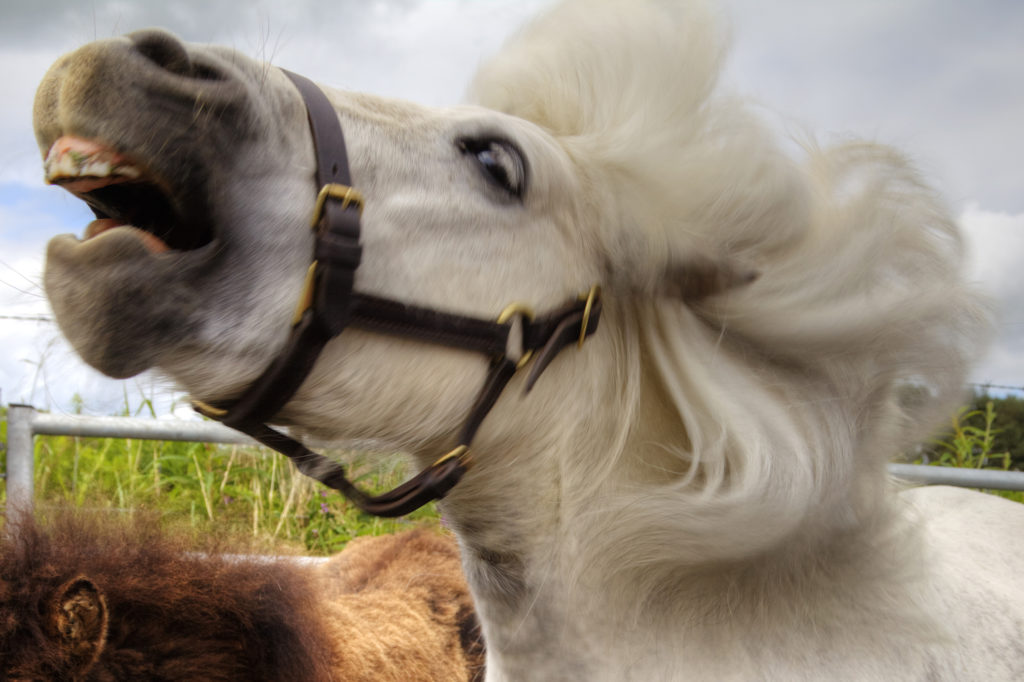
Equine Wolf Teeth
While these teeth usually don’t pose a health risk to the horse, they are often removed in performance horses.
News and issues for equine health professionals

While these teeth usually don’t pose a health risk to the horse, they are often removed in performance horses.

Your horse’s teeth play a key role in keeping him healthy. Here’s what to know about their structure and function.

The modern horse’s dentition results from millions of years of evolution in response to changing food sources and climates. Likewise, how veterinarians treat today’s equine teeth must evolve and improve constantly.

Determining why a horse isn’t performing up to expectations can be a time-consuming and tedious process. One veterinarian shares how she approaches these cases.

The condition of your horse’s teeth can have a big impact on how he’s fed. Here’s what to know.

Dr. Wes Sutter recaps studies on MRI for diagnosing hock problems, tieback surgery, evaluating suspensory ligament branch injuries, nerve blocks, and more.

Are your horse’s teeth bothering him? Here are some common signs to watch for.

Learn how veterinarians are helping the working equids of the developing world and their owners. In this article, Dr. Ashleigh Leighton Kornatowski shares a behind-the-scenes look at a typical day on an equitarian trip.

Purchasing a horse is primarily about risk assessment, which is why prepurchase exams are so important. Here are some things to keep in mind.

A recent comparison of diagnosis and treatment of back pain in horses a decade apart has highlighted the way riders and veterinarians alike have evolved in their awareness and management of this condition.

Researchers showed that the VP7 blocking ELISA test is highly reliable and works in exactly the same way every time its used, an important factor African horse sickness control and monitoring.

Take a look at 30 years of equine dietary developments presented at the 2018 KER Conference, which took place Oct. 29-30 in Lexington, Kentucky.

There’s a nerve-tingling explanation behind many equine headshaking cases. Here’s what you need to know.

While surgery alone can improve septic navicular bursitis prognoses, recent study results suggest outcomes can be even better if surgery is combined with antimicrobials and therapeutic shoeing.

Texas-based farrier David Gilliam hopes his new nonprofit, Equine Soundness Professionals, will help improve horse health by promoting increased collaboration between farriers and veterinarians.

Join The Horse as we meet vendors on the AAEP Trade Show floor.
Stay on top of the most recent Horse Health news with
"*" indicates required fields